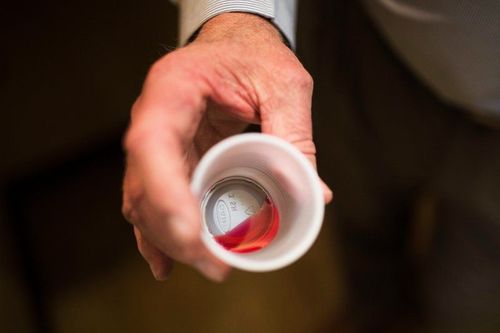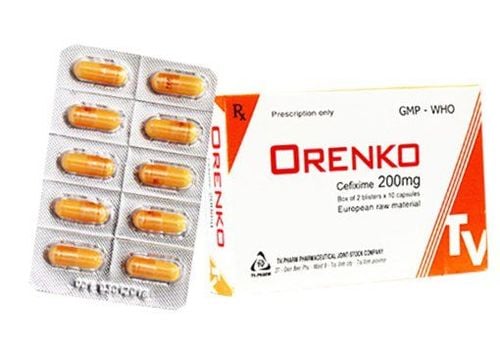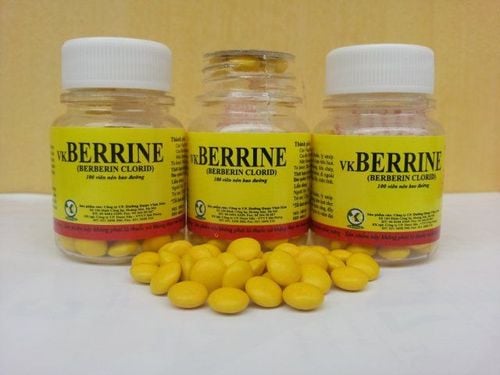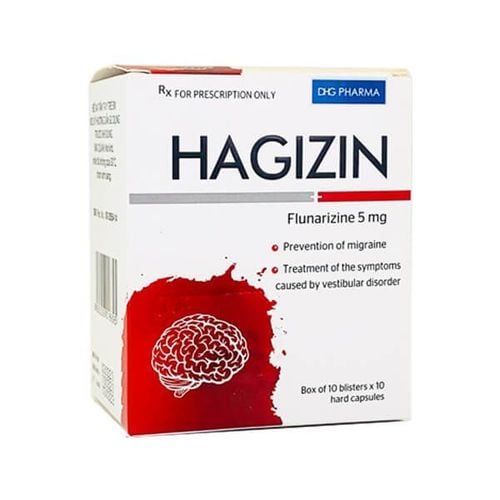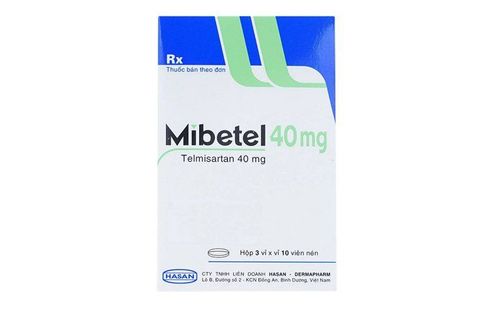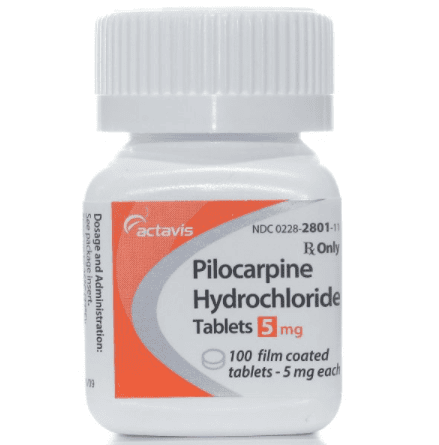This is an automatically translated article.
Posted by Master, Doctor Mai Vien Phuong - Department of Examination & Internal Medicine - Vinmec Central Park International General Hospital
Staying hydrated is especially important as you age. Older adults who are dehydrated may be at higher risk for complications such as constipation, loss of balance, and kidney problems. This article will show why older adults are more prone to dehydration, the symptoms to watch out for, and what you can do to help prevent dehydration.
1. What can cause dehydration?
Dehydration can have many causes. Here are some of the most common causes of dehydration in older adults:
Exposure to heat: Being in hot or humid conditions can lead to increased fluid loss through perspiration. Sickness: Being sick with symptoms such as fever, vomiting, or diarrhea can cause dehydration. Mobility problems: Older adults with mobility problems may have a harder time getting water on their own. Underlying health conditions: Certain underlying health conditions, such as diabetes or kidney disease, can cause you to lose more fluid than usual. Medications: Some medications can cause more urination as a side effect, which can lead to extra fluid loss. Some examples of medications that can increase urination include diuretics and some blood pressure medications.
2. What are the symptoms to look out for?
Some common signs and symptoms of dehydration include:
Dry mouth Fatigue or fatigue Sunken eyes Decreased urination Urine darker than usual Muscle cramps Feeling dizzy or lightheaded More severe symptoms of dehydration require immediate medical attention. These symptoms include:
Fast heart rate Problems with movement or walking Confusion or disorientation Fainting Diarrhea or vomiting that lasts more than 24 hours If dehydration is not treated, it can lead to serious complications, such as:
Urinary and kidney problems, including urinary tract infections, kidney stones and even kidney failure Convulsions due to low potassium and sodium levels Heat exhaustion or heatstroke Hypovolemic shock, a life-threatening complication that causes a drop in blood pressure and oxygen levels due to low blood volume.
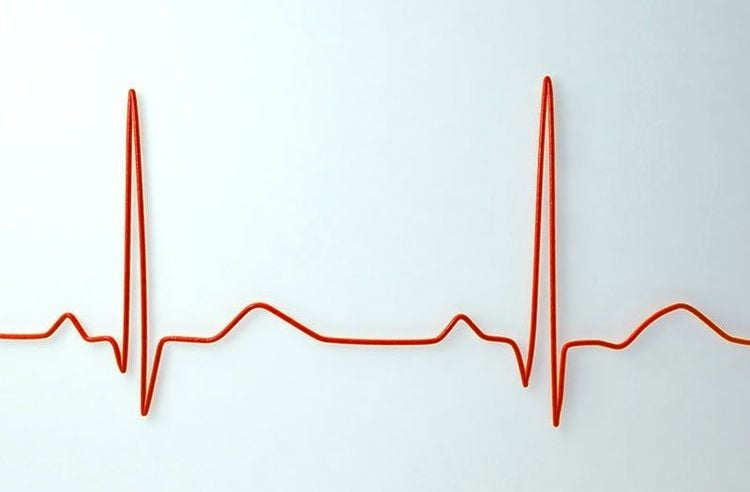
3. Treatment
Treatment of dehydration includes replacing lost fluids. For mild to moderate dehydration, this includes drinking water or other liquids, such as juice or broth.
Sometimes, vomiting or diarrhea can lead to a large loss of electrolytes as well as water. In these situations, drinking beverages containing electrolytes can be helpful. Examples include sports drinks and Pedialyte.
If dehydration is more severe, hospitalization may be required. In this situation, fluids and electrolytes will be given intravenously.
4. Tips to prevent dehydration
If you are an elderly person, the following tips can help you stay hydrated:
Try to drink water throughout the day. Other beverages that can also help with hydration include milk, flavored sodas, and low-sugar fruit juices. Drink less coffee and tea as they can have a diuretic effect. If it is difficult to drink too much liquid at once, take small sips. Try to include foods with a higher water content in your diet. Some examples include watermelon, cucumber, celery, strawberry, and low-sodium broth or soup. If you don't find the water appealing, try adding a slice or squeezing a lemon or lime for extra flavor. Plan to drink more water if you have to be out in hot or humid conditions for a long time or if you are exercising. If you are sick with symptoms such as fever, vomiting or diarrhea, be sure to drink more fluids than usual. If you have an underlying health condition, talk to your doctor about your specific fluid and hydration needs. If you are a caregiver of an older person, you can do the following to help prevent dehydration:
Remind them to drink water throughout the day, especially during mealtimes and after exercise or exertion. Keep water in places that are easily accessible and accessible. Make going to the bathroom easier if they're worried about not getting to the toilet in time after drinking water. Older people are more susceptible to dehydration. There are many reasons for this, including lower body fluid levels, decreased thirst response, and underlying medications or health conditions.
Recognizing the symptoms of dehydration is important so you can work to replace lost fluids. Watch for symptoms like dry mouth, fatigue, dark urine, and lightheadedness.
Treatment of dehydration involves replacing lost fluids. You can work to prevent dehydration by making sure you regularly replenish fluids throughout the day. This may include water, juices, broths or foods with a high water content.
If you are unsure about your hydration needs, talk to your doctor to find out how much water you should drink each day.
Vinmec International General Hospital with a system of modern facilities, medical equipment and a team of experts and doctors with many years of experience in medical examination and treatment, patients can rest assured to visit. examination and treatment at the Hospital.
Please dial HOTLINE for more information or register for an appointment HERE. Download MyVinmec app to make appointments faster and to manage your bookings easily.
References
Dehydration. (2019). Fortes MB, et al. (2015). Is this elderly patient dehydrated? Diagnostic accuracy of hydration assessment using physical signs, urine, and saliva markers. DOI: Mayo Clinic Staff. (2019). Dehydration. Singleton U, et al. (2016). Caregivers: Help older adults stay hydrated during summer. Water and nutrition. (2016).





